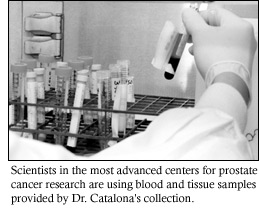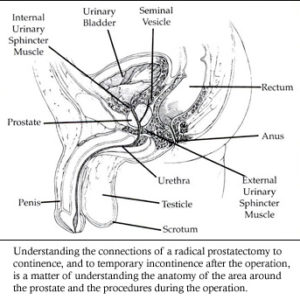
Postoperative Treatment After A Radical Prostatectomy
Doctors and patients alike hope that removing the prostate, a radical prostatectomy (RP), will be a successful, life-long treatment for prostate cancer. Still, patients need to be informed of recommended further testing after the surgery and preventative postoperative treatments connected…






